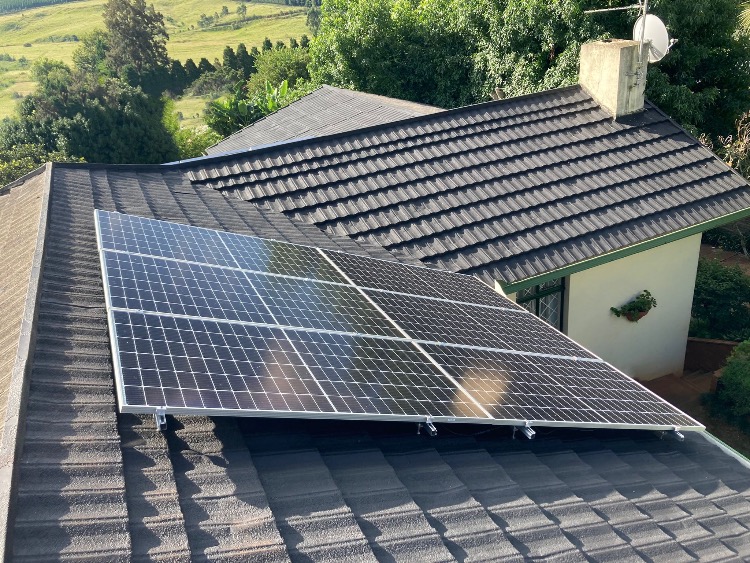Off Grid Inverter
Advantages:
- Energy Independence: Off grid inverters are used in stand-alone solar systems not connected to the utility grid. They provide energy independence, allowing users to generate and use their electricity without relying on the grid.
- Remote Locations: Off grid inverters are suitable for remote areas where grid connection is not available or practical. They enable power generation in off grid cabins, remote homes, and in disaster-stricken areas where power infrastructure is unavailable.
- Battery Storage: Most off grid inverters work with battery storage systems, allowing you to store excess electricity generated during sunny periods for use during cloudy days or at night.
- Backup Power: Off grid inverters can function as backup power systems during grid outages, ensuring a continuous electricity supply.
Disadvantages:
- Cost: Off grid systems tend to be more expensive due to the additional equipment required, such as batteries and charge controllers.
- Battery Maintenance: Batteries used in off grid systems require regular maintenance and have a limited lifespan, adding to the overall system costs.
- System Complexity: Off grid systems are more complex to design and set up compared to grid-connected systems.
Grid-Connected Hybrid Inverter:
Advantages:
- Grid Backup: Hybrid inverters offer the advantage of being connected to the grid, allowing you to draw electricity from the utility during periods when solar production is low, such as at night or on cloudy days. It also enables you to feed excess solar energy back to the grid.
- Energy Optimization: Hybrid inverters can intelligently manage energy flow between the solar panels, battery storage (if installed), and the grid. This optimization allows for maximum utilization of solar energy and savings on utility bills.
- Energy Storage: Some hybrid inverters can be used in conjunction with battery storage, providing the benefits of both grid connection and backup power during outages.
- Simplified Design: Hybrid inverters streamline the system design since they combine the functionalities of grid-tied and off-grid inverters into a single unit.
Disadvantages:
- Initial Cost: Hybrid inverters can be more expensive than standard grid-tied inverters, especially when battery storage is included.
- Grid Reliance: During extended grid outages, a standard grid-connected hybrid system without battery storage might not provide backup power.
- Battery Costs: If battery storage is part of the hybrid system, it adds to the overall cost and requires maintenance.
- Regulatory Requirements: In some areas, specific regulations or permits might be necessary for grid-connected hybrid systems, adding some complexity to the installation process.
- Simplified Design: On grid inverters streamline the system design since they combine the functionalities of grid-tied and off-grid inverters into a single unit.
In summary, off-grid inverters are ideal for achieving energy independence in remote areas but come with higher costs and complexities. Grid-connected hybrid inverters provide more flexibility by offering grid backup and energy optimization options, but they can be costlier and still rely on the grid during extended outages (unless battery storage is included). The choice between off-grid and on grid hybrid inverters depends on factors such as location, budget, desired level of independence, and backup power requirements.


